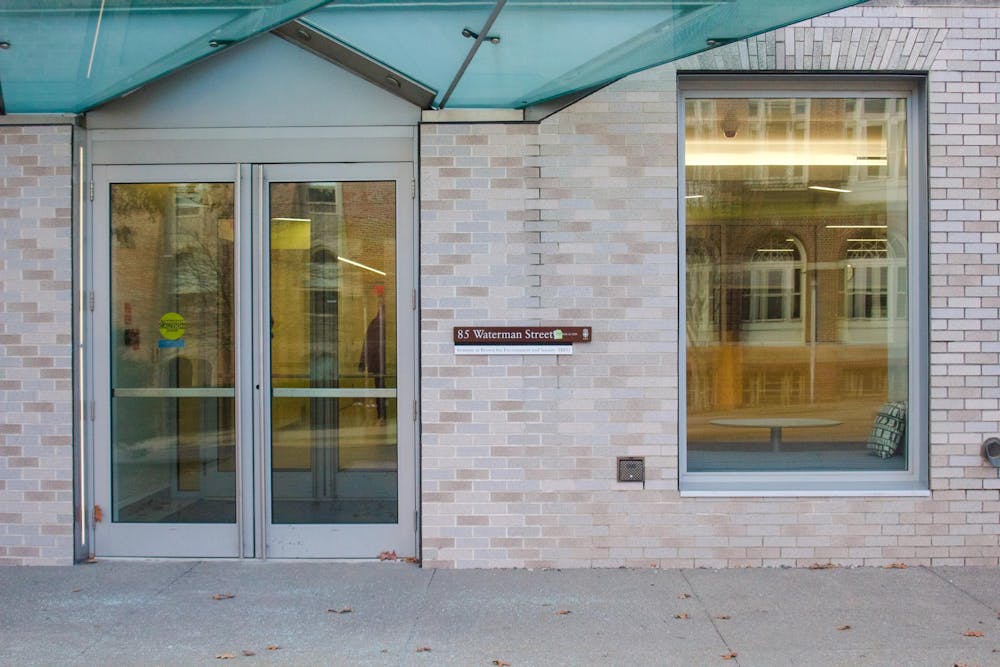Brown’s Equitable Climate Futures initiative is looking to bridge the gap between research and community action. The initiative kicked off Nov. 22 with a town hall for interested faculty members.
ECF plans to create two or three working groups to engage in community-oriented climate research by bringing together interdisciplinary teams of researchers and community members.
For Baylor Fox-Kemper, a faculty director of ECF and professor of earth, environmental and planetary science, the initiative is “science meets social sciences meets outlooks for climate change.”
The working groups will consist of at least two lead investigators guiding transdisciplinary teams of researchers and community experts, thereby bringing a new perspective to the traditional structure of projects led by a single principal investigator, according to Elizabeth Fussell, a faculty director of ECF and professor of population studies and environment and society.
This approach comes from the initiative’s structure of creating and funding working groups.
At the town hall, Fussell introduced the project and its mission. Faculty members then split off into discussion groups to brainstorm possible collaborations and projects.
“We want to see proposals that cultivate partnerships that bridge the academy, industry, community and government organizations,” Fussell told attendees.
Incorporating community input is a key component of ECF.
“You can’t just do science and then say, ‘Here’s what we know, somebody else figure out how to use that knowledge to design a solution,’” Fussell said in an interview with The Herald. “We need to figure out the solutions in conjunction with community partners.”
Partners can include advocacy groups, government agencies, corporate partners and other community organizations, she added.
ECF also hopes to include voices from historically marginalized communities.
“We recognize that in the past, a lot of environmental burden has been placed on communities that are already overburdened or have been marginalized, either socially, economically or in any number of ways,” Fussell said. “They’ve been excluded from the conversation about how we’re going to, as a society, solve some problem.”
ECF will have a dedicated community partner specialist to identify community partners and integrate their perspectives and expertise with the researchers in the working groups.
ECF has received funding from the Office of the Provost from Jan. 1 through December 2026. Each year, ECF will receive $180,000 to $200,000 per year, according to Fussell. Working group proposals and funding will be held in two rounds, one this year and one next year in 2025. Working groups will receive $20,000 to $60,000 per year.
Fox-Kemper said he is hopeful that donor support will add to the long-term sustainability of the initiative.
There will also be additional funding for postdoctoral researchers as well as undergraduate researchers to join the working group teams, according to the ECF website.
ECF plans to hold a conference in the spring to inform and engage the Brown community about the initiative and its progress.
As a two-year project, the ultimate goal of ECF is to facilitate the creation of these interdisciplinary working groups, providing them with the resources to get started with the hope that they can continue to grow on their own.
“Nobody’s expected to finish a research project during the course of ECF,” Fussell said. “What we expect is for them to have space and opportunity and resources to initiate a new kind of research and then go and apply for funding to support the continuation of that research.”





